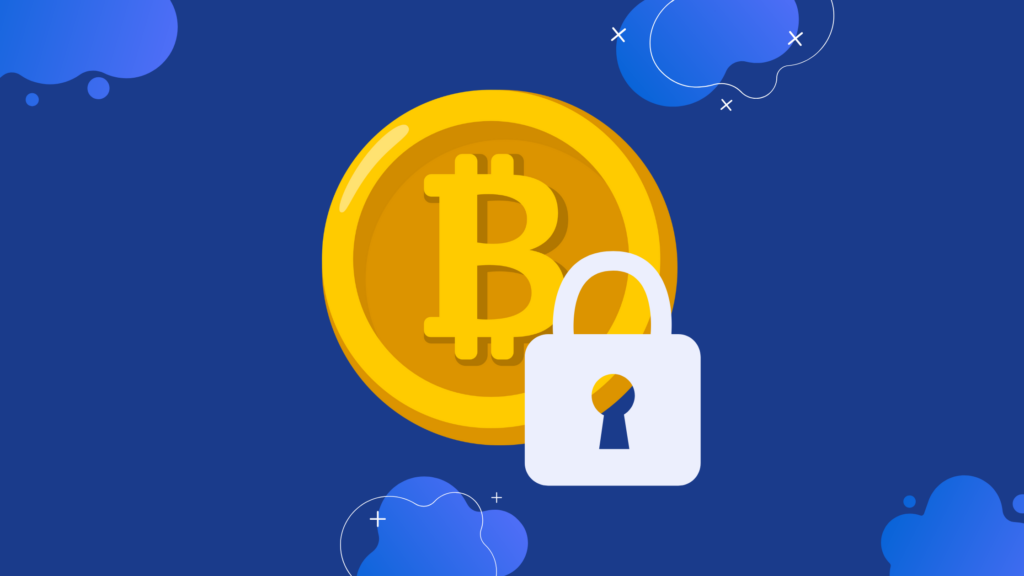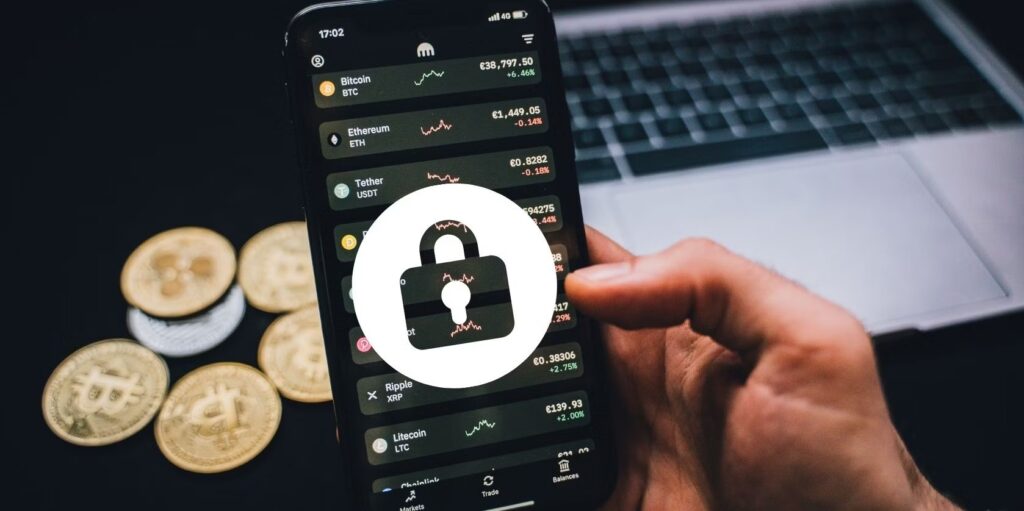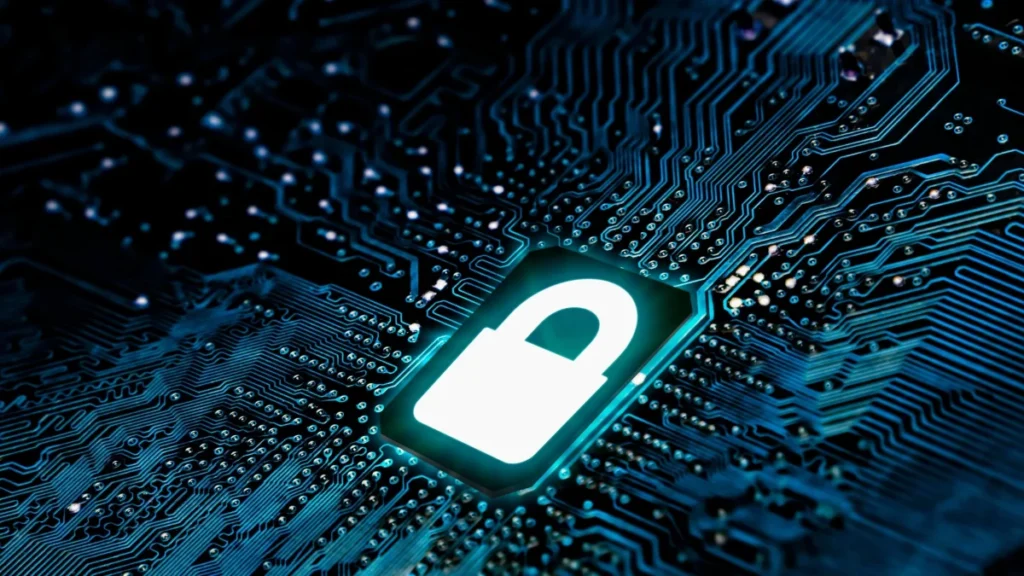The digital age has ushered in an era of cryptocurrencies, a revolutionary form of money that operates independently of traditional banking systems. However, the convenience and potential of cryptocurrencies come with significant security concerns. This blog post delves into the vital world of cryptocurrency storage and selling, offering essential tips and insights to navigate this complex landscape safely. From understanding different types of wallets to choosing the right platforms for transactions, we will guide you through the safest practices to secure your digital assets.
Importance of Crypto Security

Source: chainalysis.com
Securing cryptocurrency is not just a recommendation; it’s a necessity. The digital nature of crypto makes it a prime target for theft, scams, and unauthorized access. Unlike traditional banks, where your funds are insured and protected, the responsibility of safeguarding crypto rests solely on the owner. The irreversible nature of crypto transactions means that a breach can lead to permanent loss. Hence, adopting robust security measures is paramount to ensure your assets are protected from the myriad of threats in the crypto world.
Hardware Wallets
Hardware wallets are physical devices designed to securely store cryptocurrency offline. These gadgets offer a form of “cold storage,” meaning they are not connected to the internet, drastically reducing the risk of hacking. The advantage of hardware wallets lies in their ability to keep private keys completely isolated from online threats. When choosing a hardware wallet, it’s crucial to consider factors like compatibility with different cryptocurrencies, ease of use, and the reputation of the manufacturer. Opt for wallets that have undergone rigorous security testing to ensure the safety of your assets.
Software Wallets
In contrast to hardware wallets, software wallets are programs or apps that store your cryptocurrencies online, on a computer, or a mobile device. While they offer more convenience for quick transactions, they are considered less secure due to their internet connectivity. However, reputable software wallets incorporate advanced security features like encryption and backup options to mitigate risks. When selecting a software wallet, prioritize those with a strong track record, transparent security practices, and positive user reviews. Remember, the safety of your assets also depends on the security of the device where the wallet is installed. You should also look to use tools such as a bitcoin mixer to ensure top safety and security.
Paper Wallets

Source: bitpay.com
These wallets represent a form of cold storage, where the cryptocurrency’s private and public keys are printed on paper, often in the form of QR codes. This method keeps your digital assets completely offline, shielding them from online hacking attempts. However, the security of a paper wallet heavily relies on how it is generated and stored. It’s essential to create paper wallets using a secure and malware-free environment. Moreover, physical protection from theft, damage, or loss is paramount. Safely storing the paper in a secure location, such as a safe or a deposit box, is advisable.
Multi-Signature Wallets
When a wallet requires we’re talking of multiple private keys to authorize a cryptocurrency transaction Multi-signature wallets. This added layer of security ensures that no single person can access the funds, making it an excellent choice for organizations or partnerships. Multi-signature wallets significantly reduce the risk of theft or unauthorized access, as compromising multiple keys is exponentially more challenging for attackers. These wallets are particularly useful for managing joint funds, securing large amounts of cryptocurrencies, or implementing additional security for withdrawal processes in exchanges or wallets.
Cold Storage vs. Hot Wallets
Understanding the distinction between cold storage and hot wallets is fundamental in cryptocurrency security. Cold storage refers to keeping your crypto assets offline, away from any internet connection, thus significantly reducing the risk of hacking. Hot wallets, conversely, are connected to the internet, offering convenience for frequent transactions but at a higher security risk. Use cold storage for large amounts of cryptocurrencies or long-term holdings, and hot wallets for day-to-day trading and transactions. Popular cold storage solutions include hardware wallets, paper wallets, and certain forms of software wallets specifically designed for offline storage.
Crypto Exchanges and Safety

Source: makeuseof.com
Crypto exchanges are pivotal in the world of cryptocurrencies, facilitating the buying, selling, and trading of digital assets. However, these platforms are not immune to security risks. High-profile hacks and incidents have underscored the importance of choosing exchanges wisely. Prioritize platforms with a strong security record, insurance policies, and robust protective measures like two-factor authentication (2FA). Ensure that the exchange you choose is reputable, transparent about its security protocols, and compliant with relevant regulations to safeguard your investments.
Peer-to-Peer (P2P) Trading
P2P trading allows individuals to buy and sell cryptocurrencies directly with each other, bypassing centralized exchanges. While this method offers privacy and reduces reliance on third-party services, it also comes with its own set of risks. To trade safely, use reputable P2P platforms that provide escrow services and have a robust user feedback system. Always conduct due diligence on potential trading partners, and consider conducting transactions in public, secure locations if meeting in person. Remember, the safety of P2P trading heavily relies on the vigilance and caution of the participants.
Escrow Services
In the realm of cryptocurrency transactions, escrow services act as a trusted intermediary, holding the crypto until all parties fulfill their part of the deal. This service is particularly valuable in P2P trading or situations involving substantial sums. A reliable escrow service can provide peace of mind by ensuring that the seller receives payment and the buyer receives the cryptocurrency. When choosing an escrow service, look for ones with a strong reputation, transparent fee structure, and a proven track record of dispute resolution.
Security Best Practices

Source: bitcoinsensus.com
Adopting best practices is essential for securing your cryptocurrencies. Always use strong, unique passwords for different accounts and enable two-factor authentication (2FA) wherever possible. Regularly update your wallet software and ensure your computer or mobile device is protected from malware. Be wary of phishing attempts and suspicious links. Most importantly, stay informed about the latest security threats and trends in the crypto space. Remember, the security of your digital assets is as strong as your weakest link.
Conclusion and Recap
Navigating the cryptocurrency landscape requires a vigilant approach to security. From understanding different types of wallets to choosing the right platforms for transactions, each step should be approached with caution. Remember, the choice between hardware, software, paper, or multi-signature wallets depends on your specific needs and the amount of crypto you’re managing. Regardless of the storage method or platform for selling, adopting best security practices and staying informed are your best defenses against potential threats. Take action today to prioritize the security of your crypto activities, ensuring the safekeeping of your digital investments for tomorrow.



